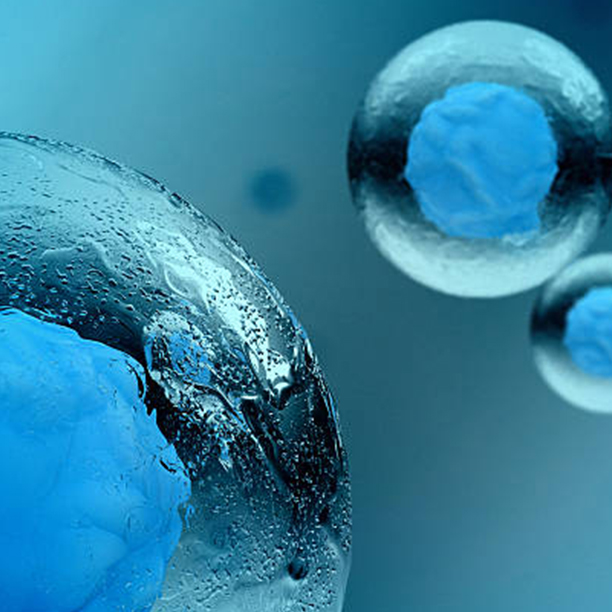Ischemic Cardiomyopathy
Ischemic Cardiomyopathy is a condition that occurs when the heart is unable to pump blood due to weakening of the left ventricle. It is mainly caused by coronary artery disease, which hardens arteries, reducing their ability to transport oxygen and blood to the heart. Early detection and preventive measures are essential in managing this condition.
Symptoms Of Ischemic Cardiomyopathy
- Angina and heart attacks are common symptoms of this condition, which can be life-threatening.
- Despite seeming completely healthy, many cases of patients with this condition have been misdiagnosed. It is important to stay aware and alert for any signs of discomfort.
- Shortness of breath when lying down or with activity:
- Irregular pulse and palpitations: An irregular heartbeat is one of the earliest signs of heart failure.
- Coughing: A persistent dry cough (without other symptoms) can indicate fluid in the lungs due to heart failure.
- Fatigue and faintness: Feeling tired and weak should not be ignored
- Abdominal swelling in adults: Adults may experience abdominal swelling,
Diagnosis of Ischemic Cardiomyopathy
- Comprehensive diagnosis of Ischemic Cardiomyopathy begins with a comprehensive medical history and physical exam.
- Utilize cutting-edge technology to identify the cause of your symptoms, including ECG, echocardiogram, cardiac catheterization and advanced imaging scans such as chest x-ray, MRI and CT scan.
Ischemic Cardiomyopathy Treatment
- Ischemic Cardiomyopathy is treated to improve cardiac function, reduce the symptoms of heart failure and help manage the condition.
- A low sodium diet, regular exercise and blood thinners are important parts of treatment.
- Stem Cell Therapy for Heart Disease can be used to further reduce symptoms and promote the healing process.
Stem Cell Therapy for Cardiac – Ischemic Cardiomyopathy
- Stem cell therapy has been found to be a viable option for treating Ischemic Cardiomyopathy.
- Non-invasive, painless treatment with no known side effects, stem cell therapy is an option worth considering for Ischemic Cardiomyopathy patients.
Refractory Angina
Refractory Angina is a serious and life-threatening condition characterized by chronic chest pains that cannot be relieved. It can cause physical and emotional distress, such as sleep deprivation, depression and a reduction in everyday activities. Treatment options are available to help manage the symptoms, which can provide patients with some relief and improved quality of life.
Treatments for Refractory Angina
- Outpatient counseling and rehabilitation helps patients cope with their condition and provides relief.
- Psychotherapy is an essential treatment that can reduce the frequency of angina episodes while also improving the patient’s quality of life.
- Various cardiac surgeries may be required depending on the severity of the condition.
- Transcutaneous electrical nerve stimulation (TENs) is a harmless, non-invasive therapy that can help reduce the frequency of refractory angina attacks.
- By using this treatment three times a day for an hour, you can increase your tolerance to exercise and reduce the likelihood of future ischemic attacks.
- This safe, simple treatment can help you manage your symptoms and lead a healthier life.
Stem Cell Therapy for Cardiac – Refractory Angina
- Exciting research is underway to find out if refractory angina can be treated with stem cell therapy.
- Initial studies indicate that hematopoietic stem cells could provide relief from refractory angina.
- Early results of the study have been promising, showing that patients given injections of stem cells had improved results when compared to those given placebo injections. It appears that stem cell therapy may be a viable treatment option for chest pain.
- A groundbreaking study published in the Journal of American Heart Association shows promising results for the use of stem cell therapy to treat angina.
- Relief benefits lasted up to a year and was further augmented with exercise.
- While research is still ongoing, these results are a major breakthrough in the field of cardiovascular health.
- Stem cell treatments have been proven to improve mortality rates.
- An independent study showed that patients who received stem cell treatments had a 0% mortality rate, while those who received the placebo treatments had a 5.4% mortality rate within 12 months.


